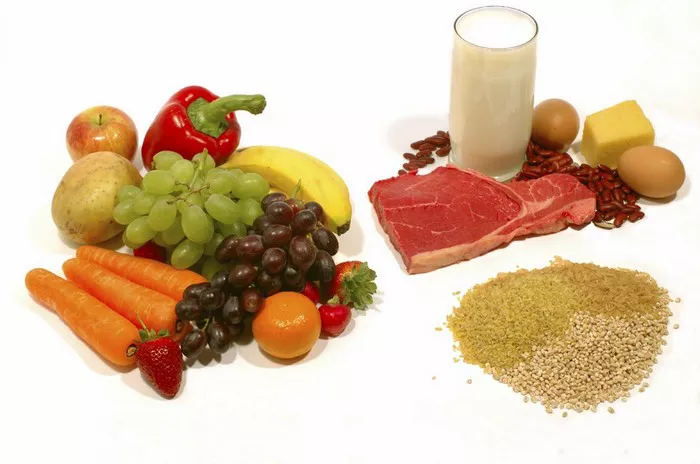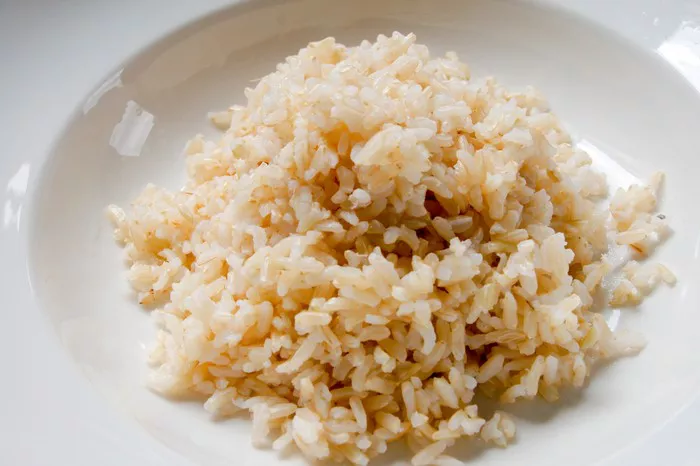The liver, often referred to as the body’s powerhouse, plays a pivotal role in various metabolic processes. One of the emerging health concerns in recent times is fatty liver disease, a condition characterized by the accumulation of fat in liver cells. While fat in the liver is normal to some extent, excess accumulation can lead to inflammation, scarring, and even liver damage. Fortunately, there are steps that can be taken to prevent and manage fatty liver disease. In this article, we will delve into the key factors that should be avoided to promote a healthy liver.
1. Excessive Sugar Consumption: Unveiling the Sugar-Liver Connection
High sugar consumption is a major contributor to fatty liver disease. When we consume more sugar than our body can use for energy, the excess sugar is converted into fat in the liver. This process, known as lipogenesis, leads to fat buildup in the liver cells. Added sugars, such as those found in sugary beverages, sweets, and processed foods, are particularly detrimental. To maintain a healthy liver, it’s essential to limit your intake of added sugars and opt for whole fruits to satisfy your sweet cravings.
2. Refined Carbohydrates: Choosing Wisely for Liver Health
Refined carbohydrates, including white bread, pasta, and other refined grain products, can have a similar effect on the liver as excessive sugar consumption. These foods are rapidly converted into sugar in the body, leading to an increased risk of fat accumulation in the liver. Instead, opt for whole grains like quinoa, brown rice, and whole wheat products. These choices provide fiber and essential nutrients that support overall liver health.
3. Saturated and Trans Fats: The Culprits Behind Inflammation
Diets high in saturated and trans fats have been linked to an increased risk of fatty liver disease. These unhealthy fats can promote inflammation, insulin resistance, and fat deposition in the liver. Fried foods, processed snacks, and fatty cuts of meat are some common sources of these fats. To protect your liver, focus on consuming healthy fats such as those found in avocados, nuts, seeds, and fatty fish like salmon.
4. Excessive Alcohol Consumption: A Harmful Impact on Liver Health
Alcohol is processed by the liver, and excessive consumption can lead to a condition known as alcoholic fatty liver disease. This occurs when the liver prioritizes alcohol metabolism over fat metabolism, leading to fat accumulation. Over time, this can progress to inflammation, scarring, and even cirrhosis. To maintain a healthy liver, it’s crucial to limit alcohol intake or avoid it altogether.
5. Sedentary Lifestyle: Get Moving for Liver Wellness
Physical inactivity is a risk factor for various health issues, including fatty liver disease. Regular exercise promotes weight loss, improves insulin sensitivity, and reduces inflammation – all of which contribute to a healthier liver. Aim for at least 150 minutes of moderate-intensity exercise per week, such as brisk walking, swimming, or cycling. Incorporating physical activity into your routine can go a long way in preventing and managing fatty liver disease.
6. Rapid Weight Loss: A Cautionary Note
While losing excess weight is beneficial for liver health, rapid weight loss methods can be counterproductive. Drastic calorie restrictions or fad diets can lead to a sudden release of stored fat in the liver, overwhelming its capacity to process the fat efficiently. This can worsen liver inflammation and damage. Instead, opt for gradual and sustainable weight loss through a balanced diet and regular exercise.
7. Lack of Fiber: The Role of Dietary Fiber in Liver Health
Fiber-rich foods are essential for a well-functioning liver. Soluble fiber helps regulate blood sugar levels and cholesterol, reducing the risk of fat buildup in the liver. Additionally, fiber supports healthy gut bacteria, which play a role in overall digestion and liver health. Incorporate plenty of fruits, vegetables, whole grains, and legumes into your diet to ensure an adequate intake of fiber.
8. Ignoring Medical Conditions: Addressing Underlying Health Issues
Certain medical conditions like obesity, diabetes, and metabolic syndrome are closely linked to fatty liver disease. Ignoring these conditions can exacerbate liver problems. Properly managing these conditions through lifestyle changes and, if necessary, medical treatment, can significantly reduce the risk of fatty liver disease.
9. Self-Medication: The Dangers of Unsupervised Supplement Use
The popularity of dietary supplements has surged in recent years, with many claiming to promote liver health. However, using supplements without professional guidance can be risky. Some supplements may interact with medications or have unproven benefits. Consult a healthcare provider before incorporating any supplements into your routine.
10. Neglecting Hydration: Water’s Role in Liver Detoxification
Adequate hydration is crucial for overall health, including liver function. Water helps the liver detoxify the body by flushing out toxins and waste products. Dehydration can hinder these processes, potentially burdening the liver. Make it a habit to drink plenty of water throughout the day to support your liver’s natural detoxification processes.
Conclusion
Maintaining a healthy liver is essential for overall well-being, and avoiding certain lifestyle factors can significantly reduce the risk of fatty liver disease. By limiting sugar and refined carbohydrate intake, choosing healthy fats, moderating alcohol consumption, staying physically active, and embracing a fiber-rich diet, you can nurture your liver and promote its optimal function. Remember, your liver plays a central role in your body’s health – treat it well, and it will reward you with vitality and vitality for years to come.

























